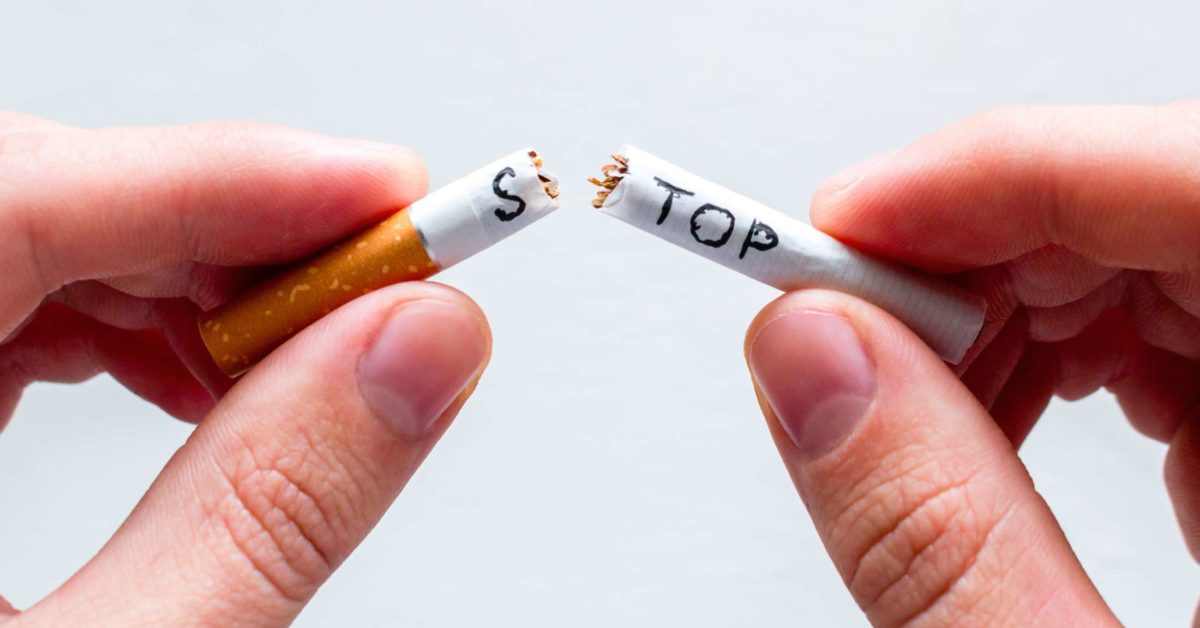drug rehab central coast
rehab physician
"Rehab is the process of treatment for those suffering from addiction to drugs and/or alcohol. This may include a combination of medical treatment and psychotherapy. According to the Substance Abuse and Mental Health Services Administration, more than 20 million people were in need of substance abuse treatment in 2015. Rehabilitation is a carefully crafted process that gives people suffering from addiction their best chance to manage their disorder on a long-term basis."

where is rehab addict filmed
"Your best interests will no longer be served by the social groups you were a part of when you were using drugs and alcohol. These former peers might even try to undermine your efforts, in addition to being unsupportive of your sobriety. Being sober may make it simpler to leave this group since you can identify dysfunctional and damaging influences when your mind is clear. However, there are occasions when these friends may have been the only ones you felt connected to, which can lead to mental distress and a sense of loneliness when you part ways. Because of this, it is crucial to be proactive and immediately establish a strong support system."
addiction recovery websites
"Drug rehab is designed to make quitting drugs easier for people suffering from addiction. The entire rehabilitation process can take five to eight weeks, up to several months to a year as determined by case acuity."


alcohol addiction
"A few drug and alcohol rehabilitation facilities offer specialized therapy sessions. These might be geared toward stress management, bereavement counseling, or anger management and give coping mechanisms to help you face problems more effectively without turning to drugs or alcohol."
addiction recovery quotes
"Long-term drug rehab is an inpatient treatment program typically lasting three to 12 months. While different individuals can decide if long-term drug treatment is right for them, these programs are good for people who have struggled with their addiction over a long period of time despite completing other drug rehab programs. Long-term drug rehab programs may also be suitable for people who are facing a dual diagnosis that is difficult to treat, such as addiction and bipolar disorder. Some people may choose a long-term program simply because they feel more comfortable with the added insurance that a longer treatment program adds to their recovery."

sexual addiction test
"Drug addiction ?treatment? is a bit of a misleading term ? it implies that people with addictions are ?all better? after they have received some form of treatment. Really, recovery from addiction is a lifelong commitment that requires ongoing attention and care. Even people with years of successful recovery must remain mindful of their potential for relapse, and they must use the tools they learned in treatment to prevent it. The word ?rehabilitation? also implies that someone is being corrected after misbehaving, which is consistent with society?s stigma about addiction. Part of the recovery process is for people with addictions, and their families, to learn that addiction is a matter of biology and not morality."
addiction recovery care
"Although many people believe that inpatient drug rehab is the type of therapy that has the most chance of achieving long-term sobriety, if they are unable to take the time away from obligations like family and work, they may still feel that it is inappropriate. They would typically choose outpatient treatment if this were the case. With outpatient drug rehab, the majority of the treatment is completed by attending sessions at the treatment facility (such as for therapy sessions, check-ups, prescription renewals, etc). However, the person battling the addiction is left to do the most of the work in terms of monitoring the condition, being aware of triggers, and documenting problems along the road. Outpatient solutions can be troublesome because they don't completely remove the client from their regular surroundings, despite the freedom they offer. As a result, urges are frequently harder to control, and patients may relapse while undergoing therapy."

How long are your rehab programs?
Drug rehab programs vary in length greatly, from 30 days to 90 days or longer. Depending on your personal needs and the complexity and severity of your addiction, you may need a short or long-term rehab program to achieve lasting sobriety. Although a longer program requires more of a commitment, research shows that most people need at least 90 days to maintain positive outcomes in treatment.2 It’s always a good idea to ask about the duration of a rehab center’s programs as well as a continuum of care that carries clients through each stage of the addiction treatment process.
Are your rehab programs personalized to each client’s needs?
All drug detox and rehab treatment programs should begin with a personal assessment to determine your treatment needs. This process is essential because it gives professionals the information they need to properly develop a treatment plan that will address your individual needs and circumstances. All individuals experience addiction differently, so there is no one-size-fits-all solution. Effective addiction treatment must be individualized and adjusted to meet the changing needs of the client.
What type of treatment methods do your rehab programs use?
Treatment approaches for drug and alcohol addiction can vary depending on the drug rehab center and its core principles and beliefs. According to the Substance Abuse and Mental Health Services Administration (SAMHSA), high-quality research shows evidence-based programs provide positive outcomes for people who are recovering from addiction.1 There are many different types of treatment methods available, but for many people, the most effective approach includes individualized treatment comprised of a mixture of counseling and medication. It’s important to determine the treatment methods and approaches of any drug rehab center you consider, as this will directly affect your success in sobriety.
What makes your drug rehab center different?
Another great way to find out if a drug rehab program is right for you is to ask how it differs from the competition. Do staff members go above and beyond to help you coordinate an intervention or connect you with a professional interventionist? Do they offer a broad range of specialized therapies during treatment? Does the rehab center boast a beautiful, calming, and tranquil setting for addiction treatment? Find out what makes the rehab center unique to get a better idea of who they are and what they believe.
Are you able to treat clients with a dual diagnosis?
If you’ve been diagnosed with substance use disorder and mental health disorders like anxiety, depression, or PTSD, your treatment plan may be more complex than others. The most effective way to address co-occurring disorders is with integrated treatment, but not all drug rehab programs, facilities, and staff are properly equipped to manage the needs of clients with a dual diagnosis.3 As a result, it’s important to talk to the staff about their ability to treat dual diagnosis and provide proper care for a full recovery.
Does your treatment program provide family support?
Family involvement is also very important in addiction treatment and can help all affected individuals to heal and recover from the damage of chronic substance abuse.4 A high-quality drug rehab program will provide support for the whole family, which may include family therapy sessions or an intensive family program that provides education about drug and alcohol addiction, therapeutic interventions, group work, and homework assignments to promote positive behavioral changes.
What type of continuing care services are available after rehab?
Addiction recovery is an ongoing process that requires continued care, treatment, and support for a full recovery. As such, many drug rehab programs offer continuing care programs for clients that have already completed drug detox, residential rehab and/or an intensive outpatient program. Continuing care services may seem like an afterthought, but they are an essential part of the treatment process. Programs like IOP, aftercare, and sober living keep individuals engaged with their recovery, provide positive and sober social experiences, and offer one-on-one support and assistance managing relapse (if it occurs). If you’re considering a drug rehab center for services, make sure to find out what kind of continuing care programs are offered and to what extent.
How much do your programs cost and what are my payment options?
While the cost of treatment should never be a barrier, some “luxury” drug rehab programs can cost tens of thousands of dollars and aren’t a realistic option for everyone. Fortunately, many drug rehab programs are affordable and people with health insurance may use their benefits to reduce any out-of-pocket costs associated with treatment. When considering any drug rehab center for treatment, it’s always ideal to ask about cost up front and get details about any available payment options. Most drug rehab centers will provide free and confidential insurance benefits verification to help you maximize your benefits and use your health insurance to pay for rehab. Some drug rehab centers may also provide sliding scale payment options, reduced out-of-pocket payments, or scholarships to help make treatment more affordable for those who need it most.
Is your drug rehab center licensed and accredited?
A high-quality drug rehab center should, at a minimum, meet the state’s licensure requirements. In addition to that, the facility may also receive accreditation through several different agencies. The accreditation process can be long and tedious, but a rehab center that has completed an accreditation process displays its commitment to excellence as well as to the high standards set by the accrediting organization. Some of the most common types of drug rehab accreditation include those provided by the Joint Commission, the Commission on Accreditation of Rehabilitation Facilities (CARF), the Council on Accreditation (COA), and the National Committee for Quality Assurance (NCQA).
What type of detox does your rehab center offer?
Detox is often the first step in the addiction treatment process. Completing a detox program allows your body to cleanse itself of harmful chemicals and restore its natural functions. This also gives you the ability to start a rehab program in a stable and sober state, both mentally and physically. Drug detox and withdrawal can be severely uncomfortable and may even be life-threatening, depending on your substance abuse history, so having 24/7 medical assistance is not just ideal, it’s absolutely necessary. A drug rehab center should offer medical detox to ensure clients’ safety, comfort, and overall well-being at all times.